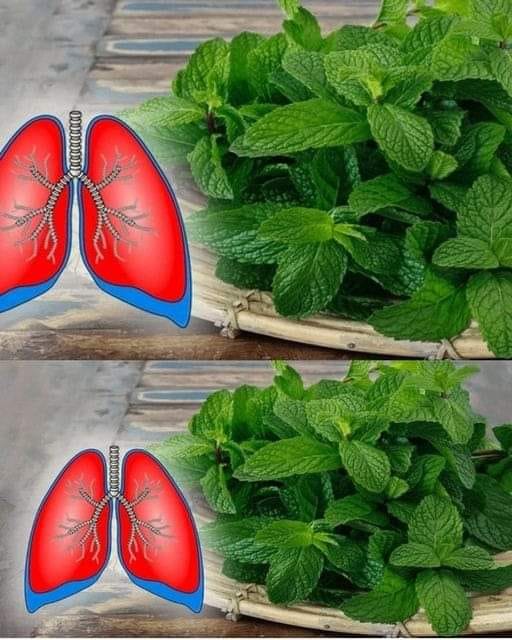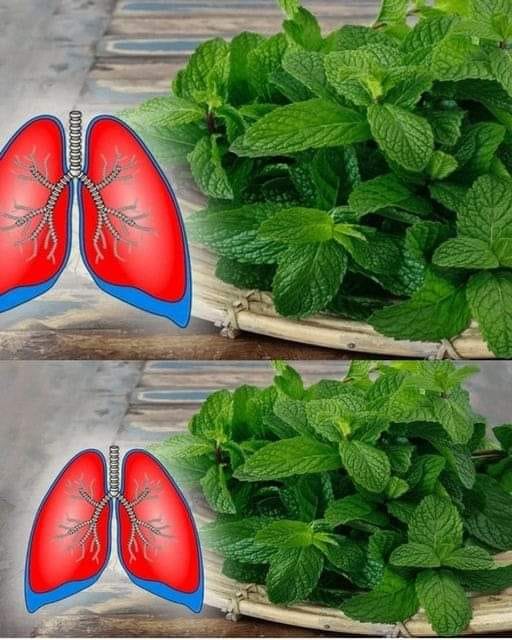The main reason eucalyptus is considered unique in its antibacterial properties is because of its key ingredient, eucalyptol. It helps with chronic rheumatism and asthma in addition to being beneficial for respiratory tract problems. Eucalyptus has been known to have fever-lowering and anti-asthmatic properties. It is also recommended in certain herbal traditions to treat exhaustion and diabetes.
4. Thyme
Thyme produces antiseptic essential oils that function as natural antibiotics and antifungals, making it a potent ally against chest congestion. In addition to its benefits for the skin, thyme infusion effectively treats respiratory infections and bacterial pneumonia because of its ability to fight against bacteria and viruses.
5. Licorice (Glycyrrhiza Glabra, G. Uralensis)
As a softening and anti-inflammatory, licorice works wonders. Utilize finely cut or powdered dry root to prepare an infusion, but be mindful of the quantity—a little goes a long way. Licorice not only soothes the mucous membranes but also acts as a stimulating expectorant due to its saponin content.
6. Hyssop

When it comes to clearing up respiratory congestion, hyssop is unmatched. To benefit from its medicinal qualities, steep a teaspoon of its flowering tips in a cup of hot water for 10 minutes.
By include these herbs in your medical regimen, you can improve your body’s inherent healing abilities and provide supportive care for respiratory disorders. Before beginning any new herbal remedy regimen, you should, however, speak with a healthcare provider. This is especially important if you have a medical history or are currently taking other prescriptions.

